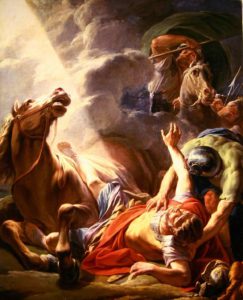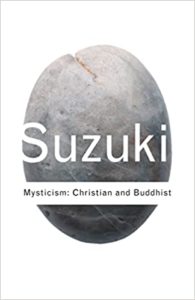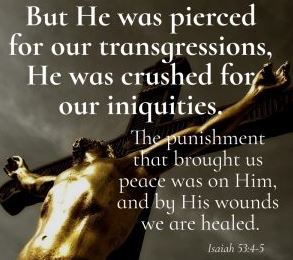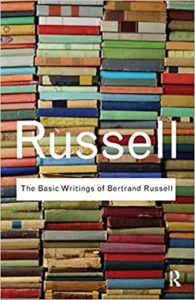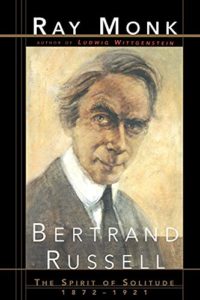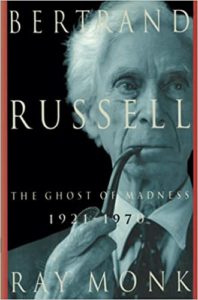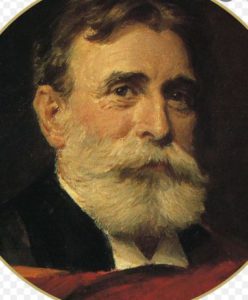
B.B. Warfield has been accused of being influenced by the rationalism of the Enlightenment, mediated by the Scottish Common Sense of Philosophy. It is further claimed that Warfield’s apologetics is premised on a person-neutral view of reason and criteria of truth. This accusation is incorrect. Warfield stresses that evidence by itself is not sufficient to bring a person to faith in Christ. Nevertheless, the presentation of objective evidence and argument is necessary precisely because the work of the Holy Spirit in bringing saving understanding and saving faith includes opening the eyes of the blind to information which is conducive towards faith.
The passages given below confirm that Warfield’s apologetics is cognizant of the noetic effects of sin and as such, saving faith is the gift of God through the Holy Spirit. Warfield’s dialectical balance between evidence and the necessity of the Holy Spirit in bringing faith should give pause to critics who claim that his apologetics is rationalistic.
——————————–
I. No one is in danger of believing that “the evidences” can produce “faith”: but neither can the presentation of Christ in the gospel produce “faith.” “Faith” is the gift of God. But it does not follow that the “faith” that God gives is not grounded in “the evidences.” Of course it is only the prepared heart that can fitly respond to the force of the “evidences,” or “ receive ” the proclamation : just as it is only the eye that can see, as Dr. Bavinck explains, to which the sun can reveal itself. But this faith that the prepared heart yields,—is it yielded blindly and without reason, or is it yielded rationally and on the ground of sufficient reason? Does God the Holy Spirit work a blind and ungrounded faith in the heart? What is supplied by the Holy Spirit in working faith in the heart surely is not a ready-made faith, rooted in nothing and clinging without reason to its object; nor yet new grounds of belief in the object presented; but just a new power to the heart to respond to the grounds of faith, sufficient in themselves, already present to the mind. Our Reformed fathers did not overlook this: they always posited the presence, in the production of faith, of the “argumentum, propter quod credo” [the argument for what I believe], as well as the “principium seu causa efficiens a quo ad credendum adducor” [the principle or efficient cause by which I am led to believe]. From this point of view, the presence to the mind of the “grounds” of faith is just as essential as the creative operation of the Giver of faith itself. Continue reading “B.B. Warfield: Use of Evidence in Apologetics Not Necessarily Rationalistic”
